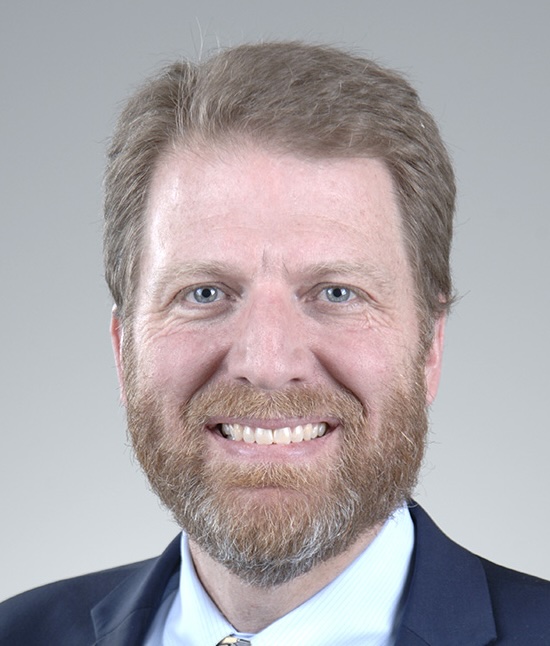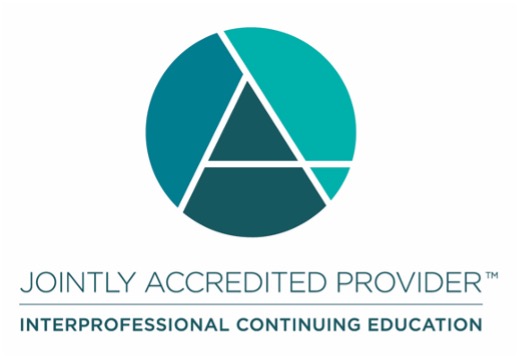Webinar: Ketogenic Therapy for Behavioral Health: Rationale, Best Evidence, and Implementation

Ketogenic metabolic therapy, or KMT, has been used effectively for over 100 years, specifically for the treatment of epilepsy. More recently, the scientific study of KMT is evolving and includes evidence that supports its role in the treatment of psychiatric disorders. While the evidence for KMT in epilepsy is well-established, the latest research into its application for mental health conditions such as depression, bipolar disorder, and schizophrenia is still in its early stages.
On Wednesday, November 20, 2024, from 2-3:30 p.m. ET, join Dr. Robert Smith, a psychiatrist with expertise in metabolic dysfunction in mental illness, and Denise Potter, a registered dietitian specializing in ketogenic interventions for brain disorders, as they discuss the current evidence and emerging indications for KMT in psychiatric care.
Dr. Smith and Denise will cover practical, interprofessional approaches for initiating, assessing, and designing ketogenic diets for brain health, as well as considerations for identifying patients who are appropriate for KMT. Case reports will highlight promising developments for mental health, and the duo will explore the relationship between brain plasticity, metabolic psychiatry, and KMT. Dr. Smith and Denise will discuss barriers and solutions the health care team may face as they analyze the potential future applications of KMT in mental health treatment.
Learning Objectives
After completing this continuing education activity, health care professionals will better be able to:
- Explain brain plasticity and its role in treating neurological and psychiatric conditions.
- Discuss the evidence that supports the efficacy of KMT as a treatment option for epilepsy and brain and behavioral health disorders, and its potential to treat psychiatric disorders.
- Describe current scientific studies and trials in metabolic psychiatry, highlighting emerging evidence.
- Realize the practical aspects of implementing ketogenic therapy, including its benefits, side effects, and treatment options under the KMT umbrella.
- Implement techniques that help the health care team collaborate more effectively in their use of KMT, including recognizing barriers to treatment and designing creative solutions that result in improved patient outcomes.
Additional Information
Denise Potter, RDN, CDCES, has been a registered dietitian nutritionist for 33 years. For the past 17 years, she has focused on ketogenic medical nutrition therapy. She has been privileged to speak to, train, and educate professionals and individuals around the globe on the benefits of ketogenic therapy. Denise strives to provide client-centered, personalized therapy, counseling, and education, and she has a passion for helping underserved populations benefit from the ketogenic diet. She authored The Migraine Diet: A Ketogenic Meal Plan for Headache Relief.
 Dr. Robert Smith completed his bachelor of science with highest distinction and honors in biochemistry from Indiana University in 1990. He completed his medical and doctoral degrees from the University of Michigan in 1997, and he completed a research track residency in psychiatry in 2002. He is a recipient of numerous awards, including the prestigious American College of Neuropyschopharmacology (ACNP) Travel Award, the American College of Psychiatrists (ACP) Laughlin Fellowship, the European College of Neuropsychopharmacology (ECNP) Rafaelsen Scholar, as well as the Kempf Fund Award from the American Psychological Association (APA).
Dr. Robert Smith completed his bachelor of science with highest distinction and honors in biochemistry from Indiana University in 1990. He completed his medical and doctoral degrees from the University of Michigan in 1997, and he completed a research track residency in psychiatry in 2002. He is a recipient of numerous awards, including the prestigious American College of Neuropyschopharmacology (ACNP) Travel Award, the American College of Psychiatrists (ACP) Laughlin Fellowship, the European College of Neuropsychopharmacology (ECNP) Rafaelsen Scholar, as well as the Kempf Fund Award from the American Psychological Association (APA).
Dr. Smith has been continuously funded for the past 19 years by the National Institute of Mental Health (NIMH), with work focusing on the pathophysiology of complex brain disorders, including schizophrenia and Alzheimer’s dementia. His recent work includes using bioinformatics approaches to test hypotheses using large publicly available databases, with the goal of repurposing or first-purposing FDA approved drugs or library-sourced compounds, respectively.
Dr. Smith is currently the Chair of the Neurosciences and Psychiatry Department at the University of Toledo College of Medicine and Life Sciences, as well as the Research Director of the ProMedica Neurosciences Center in Toledo, OH.
Disclosures:
The faculty and planners for this educational activity have no relevant financial relationship(s) with ineligible companies to disclose.
An “ineligible company” includes any entity whose primary business is producing, marketing, selling, re-selling, or distributing healthcare products used by or on patients.
 In support of improving patient care, Great Valley Publishing Company is jointly accredited by the Accreditation Council for Continuing Medical Education (ACCME), the Accreditation Council for Pharmacy Education (ACPE), and the American Nurses Credentialing Center (ANCC), to provide continuing education for the healthcare team.
In support of improving patient care, Great Valley Publishing Company is jointly accredited by the Accreditation Council for Continuing Medical Education (ACCME), the Accreditation Council for Pharmacy Education (ACPE), and the American Nurses Credentialing Center (ANCC), to provide continuing education for the healthcare team.
This activity will also award credit for dietetics (CDR CPEU).
Physicians:
Great Valley Publishing designates this live material for a maximum of 1.5 AMA PRA Category 1 Credit (s)™. Physicians should claim only the credit commensurate with the extent of their participation in the activity.
Dietitians:
This activity will also award 1.5 CDR CPEU credit for dietetics. Completion of this RD/DTR profession specific or IPCE activity awards CPEUs (1 IPCE credit = 1 CPEU).
If the activity is dietetics-related but not targeted to RDs or DTRs, CPEUs may be claimed which are commensurate with participation in contact hours (1 hour/60 minutes = 1 CPEU).
RDs and DTRs are to select activity type 102 in their Activity Log. Sphere and Competency selection is at the learner's discretion.
Interprofessional:
This activity was planned by and for the healthcare team, and learners will receive 1.5 IPCE credits for learning and change.
Available Credit
- 1.50 Interprofessional Continuing Education (IPCE)This activity was planned by and for the healthcare team, and learners will receive Interprofessional Continuing Education (IPCE) credits for learning and change.
Price
Required Hardware/software
Ensure your browser's cookies are enabled in order for the webinar software to function properly.

 Facebook
Facebook X
X LinkedIn
LinkedIn Forward
Forward